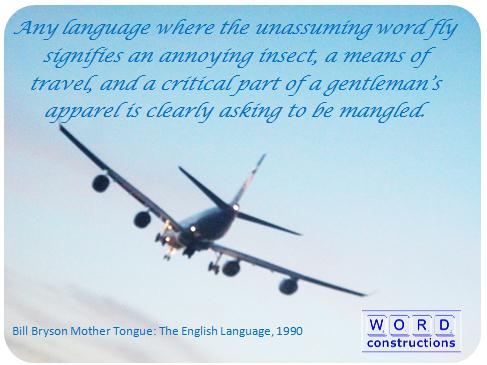I hope you find my writing and business tips and observations useful. My business and blog are dedicated to helping businesses communicate clearly and reach their potential.
Read, subscribe to my newsletter, enjoy!Tash
mind your language and fly!
‘Communication is a causal factor in approximately 75 per cent of aviation accidents/incidents’ Russell Eastaway, an Air traffic Control training specialist in Melbourne.
I found that scary – every time we fly, we are relying a lot on the communications skills of pilots and ATCs (air traffic controllers).
It is reassuring in that we can teach communications to the relevant people but an article in Flight Safety Australia explains the bigger issue is probably adjusting their environment to improve aviation communications.
High reliability communication needed
Of the various errors that can occur in aviation conversations, three specifically relate to English (officially the language used in aviation).
Namely, ambiguity, transposition and phonetic similarity can cause major problems.
Did you know there an estimated 100,000 homonyms in English? Homonyms are words or phrases that sound alike but have very different meanings, such as there/their/they’re and your/you’re/yore.
100,000 opportunities to give a meaning you didn’t intend.
In business writing, we can look unprofessional or ignorant to use the wrong word. In aviation, we can say the wrong word and result in a major crash.
Although the consequences may not be as dire when writing, just an awareness of how easy it can be to make mistakes in English can remind us to proof read and get help with our communications. And take the time to learn how to spell various homonyms.
People working in aviation are given training in English and former Emirates head of human factors, Surendra Ratwatte, adds that such training should be given to native-English speakers as well. English speakers need to avoid slang and vernacular use of words to communicate clearly, especially with people less familiar with English and local expressions.
Again, business writers can learn from this by avoiding terms and phrases that may not be recognised by the entire audience.
The point is not the words or language used but that the message is understood as intended.
Do you think your writing could be good enough for people to risk their life on the message getting across clearly?


Recent Comments